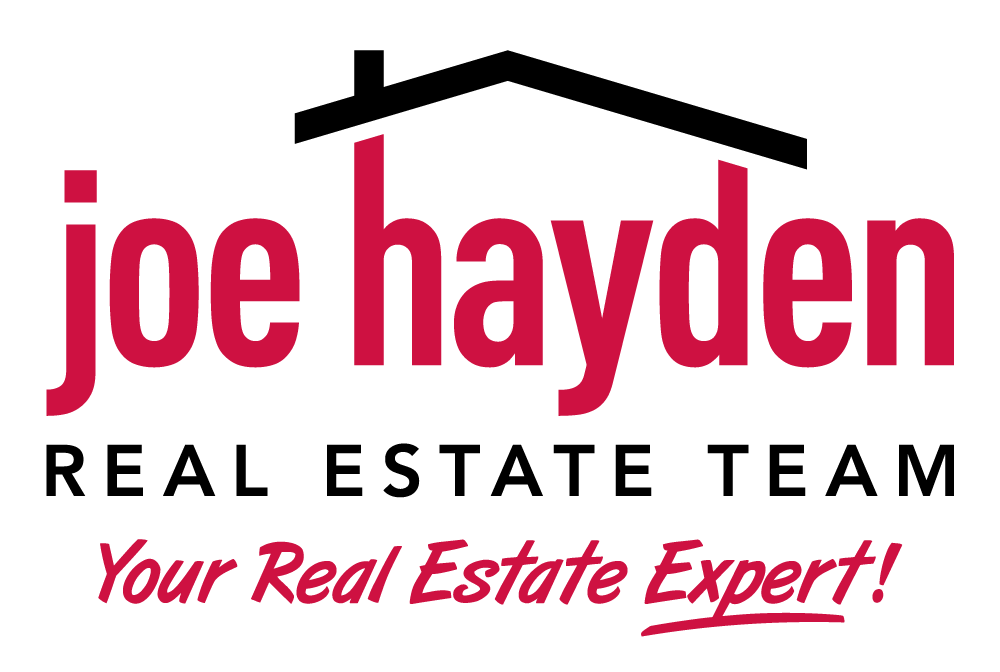Pricing your home to sell… The market vs. the seller vs. the agent. Where’s the balance and who can you trust for advice and guidance?
Let me start with a few ‘truisms’:
1. No matter how incredible your home shows, even in a great location, a fouled pricing strategy will cost you, the seller, money.
2. Buyers almost never place their most important value on what you consider most valuable.
3. If you are hoping to price high and wait out the market, you are at risk for losing even more money in the end.
4. And finally, the market will produce a ready, willing, and able buyer who will ultimately determine the true value of your home
Let’s look at these points and try to find a reasonable way to take them into consideration against the seller’s needs and wants. Also, keep in mind that pricing is just one facet of your overall marketing strategy. How can a fouled pricing strategy cost the seller money? Ignoring the obvious, pricing too low for the market, here are a few ways pricing too high can really hurt the pocketbook. Now, I’m going to assume a seller with an average motivation to sell. There is no risk of foreclosure, no “let’s just put it out there and see” attitude, and no circumstances like a relocation involved. The seller would actually like to just sell the home.
Most of the ways you will lose money by listing too high revolve around your ‘holding costs’ with the home. Once you decide to commit to selling, for the most part all of the money you put into the house for utilities, a portion of your mortgage payments, routine maintenance, and other expenses is now going to be lost. This is money that could have gone into the new home and given it the same benefits.
If your pricing strategy directly causes you to stay on the market for an unnecessary length of time, you are losing an amount of money at least equal to your holding costs. If you priced your home too high, these additional costs will rapidly eat into your expected profit, and will most likely mean that you will lose even more money as holding costs increase and you have to lower your price.
An additional negative related to pricing your home too high is the perception in the market your home has a ‘problem’ if it remains listed for an above-average amount of time. It may be in perfect condition in a wonderful location, but buyers and agents will wonder why those who have taken the time to look at the home did not make an offer if it is so great. Your listing will become stale and you will have to work hard to overcome the built-in hesitation of any potential buyer. Again, your holding costs will be eating into your profit this entire time.
When determining a price for your home, you have to be reasonable and detach yourself personally from the home. You may think the loft over the garage brings added value to the home, but a buyer may view it as just another space to heat and clean, and assign it no value. It helps to have some professional guidance in this area because a third party will be able to approach the home with a bit more objectivity.
Probably the hardest concept to grasp for a seller without sales experience is the fact that the market will ultimately determine the price of the home. Yes, the seller can establish a starting point for negotiations, but the buyer will walk if they perceive a market price that is too high. You just have to accept that as a fact, and you must respond to the market accordingly. If you have made the wise decision to secure professional representation when selling your home, you should have access to all of the pertinent market information, the same as a savvy buyer, and you must give a heavy weight to this data.
So what should you do as a seller to determine a valid price to go to market with your home? I recommend partnering with a Realtor who has extensive local knowledge of the market and can provide you with the broad exposure needed to sell your home. Unless you wish to be hands-off during this process, you must also educate yourself on the market using current, pertinent information related to the active listings and sales in your immediate area. Yes, using a Realtor is an expense, but balanced against the additional expenses you could incur by failing to price your home correctly, it is one you cannot afford to do without. Run the numbers yourself…it is worth it for the market experience, negotiation knowledge, transaction management, and general peace-of-mind.
I will happily sit down with you, free of charge, and allow you an opportunity to ask questions, gain insight into the best practices to sell you home, and to afford you a chance to decide if using a Realtor is in your best interest. Contact me at any time to set up an appointment. Good luck!



















